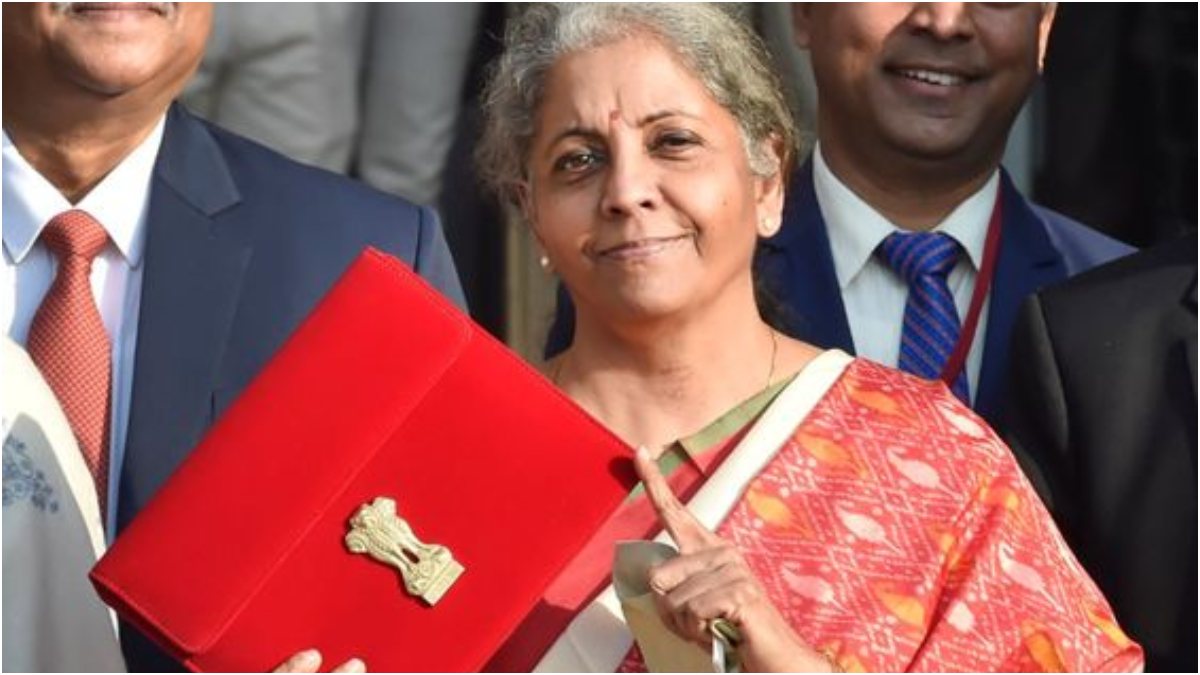Will Finance Minister Nirmala Sitharaman replace the present Income Tax Act with the Direct Tax Code? As the country is gearing up for Union Budget 2025, businesses, individuals and all other taxparers are looking forward with an anticipation of simplification of the present tax regime.
Nirmala Sitharaman herself set the ball rolling while presenting the Union Budget 2024. She declared to review the Income Tax 1961 with the aim of simplifying the act, making it lucid, easy to read and understand.
Will Income Tax Act, 1961, Come To An End?
Nimala Sitharaman also announced to overhaul and simlify the overall tax regime in such a way that litigations are drastically cut and compliance does not become a burden.
She also declared that the Income Tax Act, 1961, will be replaced with the Direct Tax Code within six months.
Direct Tax Code
The draft of the Direct Tax Code was prepared for the first time in 2009, with many new provisions making the compliance simple.
After the formal anouncement of the Finance Minister, the Central Board of Direct Taxes constituted an internal committee and 22 specialised sub-committees to review various aspects of the Act.
All stakeholders and experts were invited to suggest changes and the Income Tax Department received more than 6,500 suggestions.
Most of them advised the government to focus on language simplification, compliance reduction, cutting litigation and removing redundant provisions.
Also Read: Rupee Hits Record Low, Sensex Tumbles: How Will Sitharaman Navigate Budget Amidst Global Pressures?
However, it was put on the backburner, and the old tax regime is still in force, despite continued demands to change its cumbersome provisions.
The Income Tax Act, 1961, has 298 sections spread across 23 chapters. These addresses issues of personal income tax, corporate tax, and securities transaction tax.
Why New Income Tax Regime?
Analysts believe, a new Income Tax Bill is ready with most of the provisions made in the Direct Tax Code and the Finance Minister is most likely to present it to the Parliament during the Budget session. It will reduce the provisions by about 60%.
If media reports are to be believed, the bill will simlify the language and provisions of the present Income Tax Act, make it more simple, lucid and easy to understand. It will reduce the compliance burden and litigation, with less number of chapters on the tax compliance.
The Finance Minister is most likely to present the Union Budget 2025 on February onthe first day of the budgte session.













